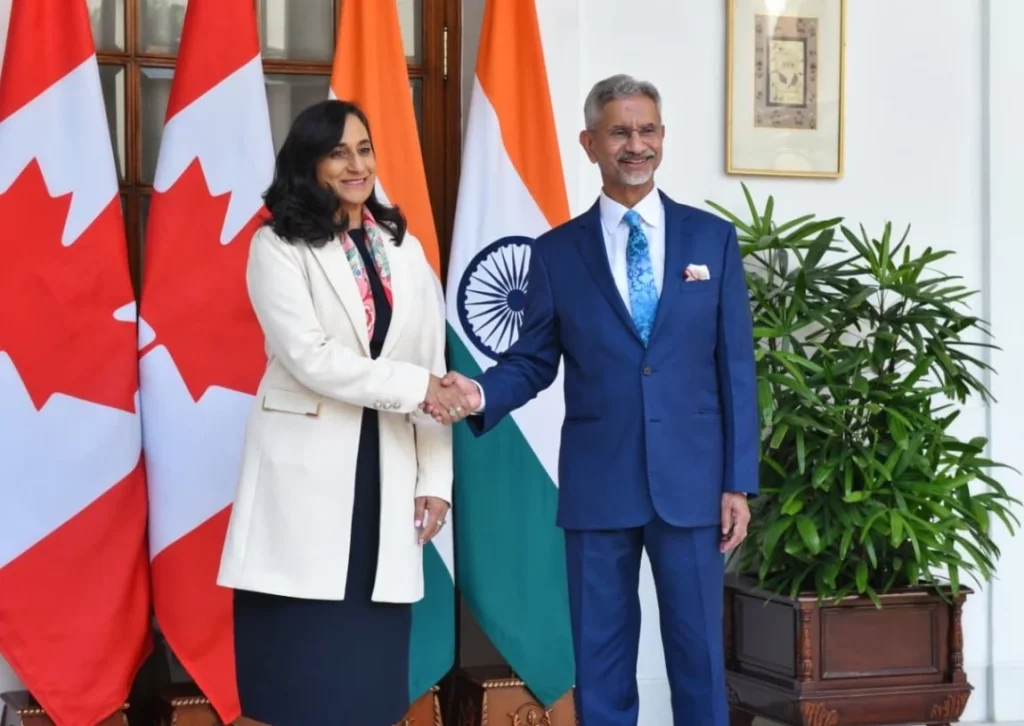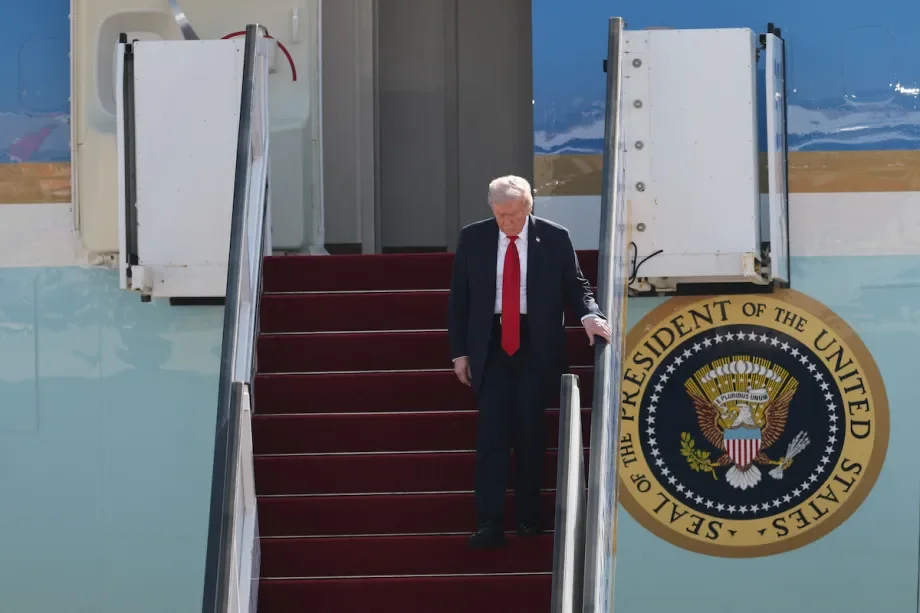Discussions surrounding Nigeria’s tax reform have intensified, with the South-East Senate caucus advocating broader consultations and the Revenue Mobilisation, Allocation and Fiscal Commission (RMAFC) raising constitutional concerns about proposed changes to the Value Added Tax (VAT) revenue allocation formula.
The Senate recently held meetings with the Accountant-General of the Federation (AGF) to deliberate on the reforms. Secretary to the Government of the Federation (SGF), George Akume, has downplayed resistance from northern legislators and emphasized the importance of achieving a fair taxation system that benefits all regions. Meanwhile, the South-East Senate caucus has stressed the need for inclusive consultations to ensure the reform addresses regional concerns and fosters national unity.
At the center of the debate is the RMAFC’s firm stance on its constitutional role in VAT allocation. The commission argued that any attempt to alter the formula without its input would constitute a breach of constitutional provisions. RMAFC Chairman, Mohammed Bello, emphasized that the commission retains the exclusive mandate to determine revenue allocation and warned against unilateral decisions that could undermine its authority.
The proposed VAT revenue formula has also been criticized by some northern legislators, who argue that the changes could disproportionately affect their regions, which have a smaller share of VAT contributions compared to the south. This opposition adds to the complexities surrounding the tax reform, as lawmakers strive to balance equity with national interest.
Proponents of the reform argue that it is necessary to simplify Nigeria’s tax system, boost revenue, and address inefficiencies in allocation. The federal government has framed the reform as part of a broader strategy to reduce reliance on oil revenues and diversify the economy. However, achieving consensus among stakeholders remains a significant challenge.
As the debate continues, the Senate and RMAFC are expected to seek a middle ground that respects constitutional guidelines while addressing concerns raised by stakeholders. The outcome of these discussions will play a crucial role in determining the future of Nigeria’s tax structure.























